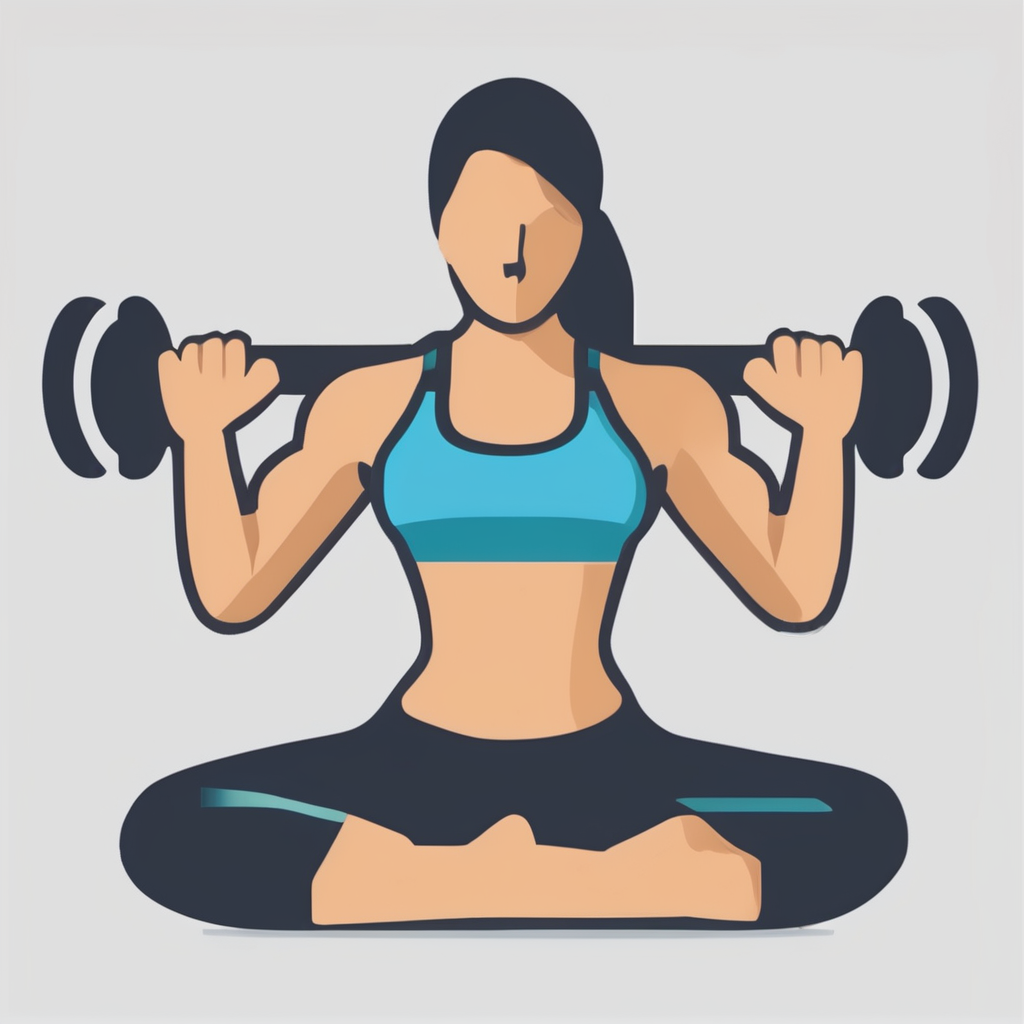Benefits of Pilates for Overall Wellness
Incorporating Pilates into a fitness routine can profoundly enhance overall wellness. Known for its ability to improve flexibility, strength, and core stability, Pilates serves as a comprehensive workout with multiple advantages. The method’s unique focus on controlled movements facilitates a gentle yet effective way to increase flexibility. As participants flow through deliberate stretches and postures, they often experience enhanced range of motion, benefiting everyday physical activities.
Pilates also effectively engages the body’s core muscles, pivotal for maintaining balance, improving posture, and preventing injuries. A robust core contributes significantly to overall fitness improvement, empowering individuals to perform daily tasks with ease. Moreover, as Pilates promotes balanced muscle development, it naturally augments muscular strength, which plays a crucial role in wellness enhancement.
Also read : Thriving Through Unemployment: Expert Tips for Maintaining Mental Resilience
Beyond physical benefits, Pilates is esteemed for its impact on mental wellness. By emphasizing breathing and movement in harmony, it becomes a practice in mindfulness, assisting in stress reduction. Regular sessions nurture a mind-body connection, fostering clarity and focus. For those seeking long-term health improvements, Pilates is invaluable in injury prevention and improving posture, supporting a sustained approach to living well.
Mental Wellness and Pilates
Pilates, beyond its physical benefits, offers profound mental health advantages. It creates an opportunity for stress relief and mindfulness, which is essential in today’s fast-paced world. By integrating mindful movements with breathing techniques, Pilates establishes a strong mind-body connection. This connection helps individuals to remain present, reducing anxiety and enhancing mental well-being.
Additional reading : Conquer Binge Eating with Mindful Meals: An In-Depth Guide to Lasting Control
A key aspect of Pilates is its incorporation of mindfulness, which parallels meditation. Participants reflect on their movements, focusing attention inward, thereby promoting mental clarity and focus. This practice of mindfulness during Pilates not only supports physical alignment but also cultivates emotional balance.
Real-life testimonials reveal that practitioners often experience enhanced focus and reduced stress levels. People have reported feeling more mentally agile and resilient, attributing these attributes to their regular Pilates sessions. This is due to the calming effect that breathing and precise movements bring to the practice itself.
Through consistent Pilates practice, individuals can reap mental health benefits effectively. The deliberate, rhythmic exercises foster a state of calm, making it a powerful tool for managing stress and boosting overall mental wellness enhancement. Thus, Pilates serves as an excellent mental and physical wellness regimen.
Injury Prevention and Rehabilitation
Incorporating Pilates into a wellness routine can significantly contribute to injury prevention. The exercises are designed with low-impact, controlled movements, minimising the risk of injury. This gentle approach greatly benefits those aiming to protect vulnerable joints and muscles. Pilates strengthens the body’s core, which is pivotal for maintaining posture and balance, both crucial in reducing injury chances during daily activities or other workouts.
For those undergoing recovery, rehabilitation exercises within Pilates can be instrumental. The precision and control required in Pilates movements assist in gradually rebuilding muscle strength and flexibility. This targeted approach fosters a safe environment for the body to heal and strengthen post-injury. Exercises can be tailored to individual needs, allowing a gradual increase in complexity and intensity as rehabilitation progresses.
Specialists often recommend integrating Pilates into rehab programs to ensure safe practice. Emphasis is placed on correct postures and breathing techniques, essential for effective recovery. As these exercises are adaptable, they are suited for various injury types, making Pilates a versatile tool in both prevention and recovery. Working with trained instructors can optimise the benefits, offering personalised guidance throughout the rehabilitation journey.
Incorporating Pilates into Your Fitness Routine
Integrating Pilates with your existing fitness activities can be a rewarding endeavour, providing both variety and balance in your regimen. To blend Pilates effectively, consider scheduling sessions on alternate days to more intense workouts, allowing your body time to recover. This strategy not only enhances overall fitness outcomes but also prevents burnout and injuries.
For those keen on maintaining a diverse fitness programme, combining Pilates with strength training and yoga can be beneficial. Pilates complements the stability and core focus in yoga, and its low-impact approach complements the muscle-building benefits of weight training. Ensuring that each type of workout has its designated day can optimise your physical improvement and prevent potential overtraining.
Consistency plays an essential role in harnessing the full benefits of integrating Pilates. Committing to regular sessions—whether at home or in a studio—builds a routine. This routine not only aids in wellness enhancement but also fosters a disciplined approach to health improvement. Moreover, a regular schedule supports maintaining a well-rounded fitness routine, ensuring each area of physical health receives attention and care.
Enhancing Flexibility and Strength Through Pilates
Pilates offers significant benefits in terms of flexibility, strength training, and core stability, making it a versatile addition to any fitness routine.
How Pilates Improves Flexibility
Pilates enhances flexibility through sustained, controlled movements that stretch and lengthen the muscles. By performing deliberate stretches and maintaining postures, participants gradually improve their range of motion, which aids in performing daily activities more efficiently and reduces the chance of strain.
The Role of Core Strength in Overall Fitness
Core strength is central to Pilates and is crucial for overall fitness improvement. A strong core stabilises the body, improves balance, and supports the spine. This core stability translates into better posture and decreased risk of injuries both during workouts and in everyday life.
Pilates Techniques to Boost Muscular Strength
In building muscular strength, Pilates focuses on controlled, precise movements that engage various muscle groups. Techniques such as the ‘plank’ or ‘100s’ help in developing robust muscles without adding bulk. This strength supports wellness by enhancing the body’s endurance and ability to recover quickly after exertion. By focusing on form and technique, Pilates sessions efficiently target the muscles needed for optimal strength development.
Starting Your Pilates Journey
Embarking on your Pilates journey can be an exciting endeavour, especially with the right approach. Here are some beginner tips to ease you into this transformative practice.
Key Principles of Pilates for Beginners
For those new to Pilates introduction, understanding its foundational principles is crucial. Focus on breathing, alignment, and core stability to maximise benefits and ensure safe practice. Controlled movements and concentration will enhance your experience.
Setting Up a Home Pilates Routine
Creating a fitness routine at home involves selecting the right space and equipment. Choose a quiet area and invest in a quality mat. Consider beginner-friendly tools like a Pilates ring or resistance bands to gradually build your regimen’s intensity, focusing on wellness enhancement.
Finding the Right Pilates Classes or Instructor
When searching for Pilates classes or instructors, look for certified practitioners who can guide your fitness improvement journey. Whether through online or in-person sessions, personalised instruction will refine your technique, ensuring you gain the full extent of Pilates benefits. Small group classes or one-on-one sessions provide customised feedback, supporting your unique needs and goals as you grow.


